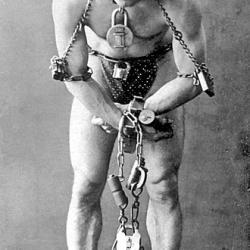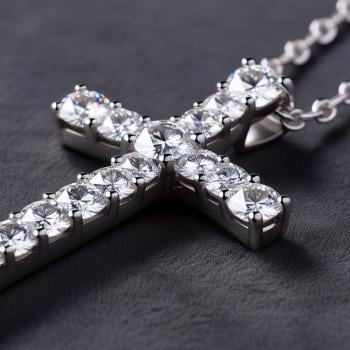But this is not what the data shows. Here is how the authors interpret their surprising findings:
It is proposed that heightened levels of sexual dimorphism result from personality traits of men and women being less constrained and more able to naturally diverge in developed nations. In less fortunate social and economic conditions, innate personality differences between men and women may be attenuated.
In other words, the authors suggest, these findings show that the personalities of men and women diverge more sharply in the absence of practical or ideological limits, when innate psychological tendencies can be more fully realized. This is not the only possible conclusion to be drawn from the data, of course. But it's a provocative idea and one that, to my mind, passes at least an initial plausibility test when surveying the major trends in American culture over the past several decades. Even as feminism has attempted to dismantle traditional gender norms, gender as a relevant cultural category has remained as potent as ever and indeed some aspects of masculine and feminine identities seem only to have intensified.
What does this have to do with gendered toys? It's my impression that children's toys have become more aggressively gendered over the past several decades, and the LEGO Bellville line is only the latest instance of this trend. If this is so, it may be that when they are given the message that they are free to "just be yourself," children—and their parents, who presumably purchase the toys—actually prefer more extreme and exclusive gender boundaries. (The idea that children should be permitted to "be themselves," to discover their own identities, is sometimes presented as an escape from the prison of ideology. On the contrary, the very notion of a "self" as a coherent, distinct, and autonomous entity to be discovered is in fact the primary ideological effect.)
If childhood is inevitably going to be shaped by children's powerful impulse to identify and affiliate according to gender categories, then those of us concerned about the content of those categories ought to recognize toys as the important teaching tool they are. Rather than dismissing the pink aisle out of hand as illegitimate and artificial, let's claim it. Not to enforce rigid, retrograde gender binaries, but, on the contrary, to soften and moderate those binaries, to acknowledge and respond to girls' and boys' preferences but also to channel them in directions conducive to full human flourishing.





